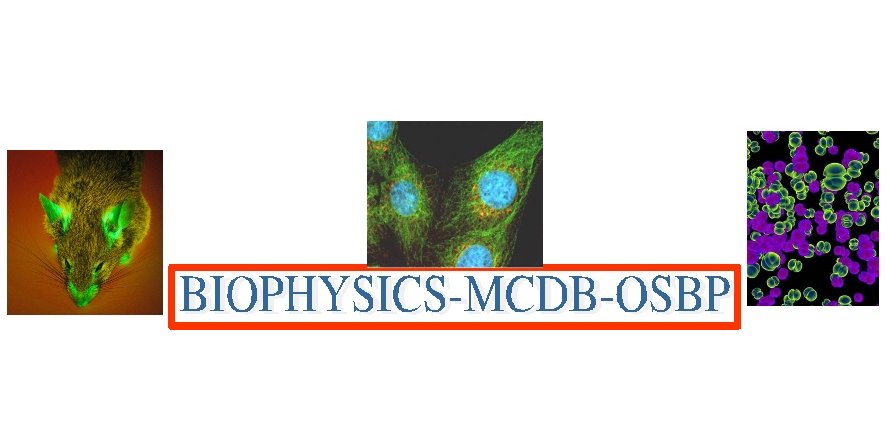Interdisciplinary Graduate Programs Symposium

2012 OSU Molecular Life Sciences
Interdisciplinary Graduate Programs Symposium

Talk abstracts
Abstract:
Human tumor epithelial cells and their surrounding microenvironment are hypothesized to co-evolve in a manner that promotes tumor growth, invasiveness and spread. Mouse models of breast cancer have largely focused on genetic changes in the epithelial tumor cells and therefore have not robustly tested this hypothesis. Our team has developed genetic models that result in ablation of tumor suppressor pathways in mammary stromal fibroblasts in the context of defined mouse breast cancer models. We developed a unique fibroblast-specific promoter-Cre line driving conditional deletion of genes in mammary stromal fibroblasts as a critical component of the model. Using this genetic system, we have demonstrated that loss of Pten or p53 tumor suppressors in fibroblasts results in dramatic changes in stromal architecture and in accelerated tumor onset and growth that is dependent on the epithelial oncogene used to drive breast tumors. Remarkably, the models resemble human breast tumors both at morphologic and molecular levels. Our current work is aimed at identifying the conserved pathways in mouse models and human breast cancer that are associated with poor patient outcomes. The current work has started to provide mechanistic insight into tumor-stroma crosstalk that has direct translational applications for the diagnosis and treatment of breast cancer patients.
Keywords: